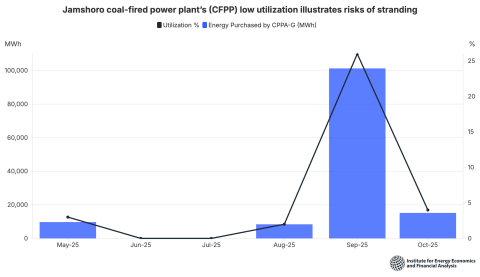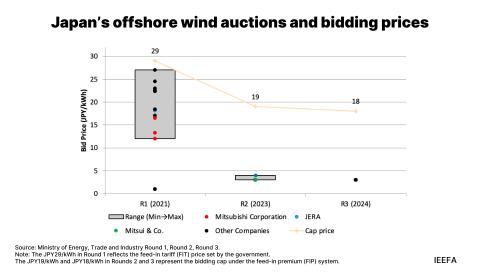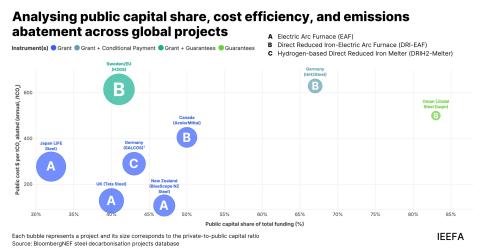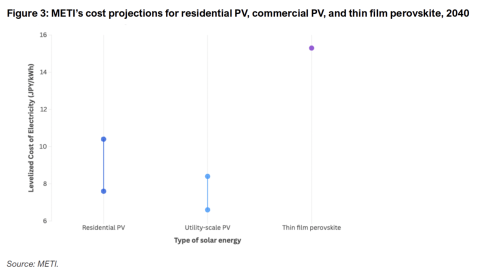Trade measures a cornerstone to the success of global regulation to curb plastic pollution
Download Briefing Note
View Press Release

Key Findings
Plastics, across its lifecycle, is a globalized, interconnected market, so a lack of strong trade provisions would limit the effectiveness of the objectives of the proposed binding agreement.
Primary plastic polymers are a key driver of fossil fuel demand. Strong trade provisions would help signatories meet decarbonization goals.
Current regulations and provisions are not enough to govern the intricacies of the plastics lifecycle.
Given that the polymer market is likely in a state of secular decline, it would be financially wise for governments to avoid depending on plastics to drive their country’s economy.
Introduction
In May 2022, the United Nations Environment Assembly passed Resolution 5/14 to address plastic pollution. Since December 2022, a committee has been negotiating a proposed international legally binding instrument (ILBI). Five rounds of negotiations have concluded, and the final round is expected in August 2025. The resolution is a landmark in regulating plastic pollution. It recognizes that any meaningful approach must take the products’ full lifespans—from primary polymer production to disposal—into account.
According to the International Energy Agency, demand for plastics— which has almost doubled since 2000—outpaced demand for other materials such as steel, aluminum or cement. According to a recent study, 436.66 million tonnes (Mt) of polymers and plastics including feedstocks were traded in 2022, with final plastic products amounting to 111 Mt.
Today, 99% of plastics are made of fossil fuels. Fossil fuels are refined and processed into monomers (the building blocks) and then polymers, with intermediates and chemicals (studies suggest that more than 16,000 chemicals are used) added in different stages of production. Regulating plastics would necessarily translate into regulating these petrochemicals. To regulate plastic production and consumption, a focus on these building blocks, including their trade, is imperative.
Trade measures ensure that countries that are not party to an agreement do not subvert their provisions and objectives. Trade measures in the proposed ILBI to address plastic pollution across the lifecycle have been resisted. A small group of countries, including Iran, India, and Russia, helped block the inclusion of trade measures in a draft released in December 2024.
Some of the arguments made against having strong trade measures in the proposed ILBI may be summarized as:
- Hazardous chemicals used in the production of plastics and hazardous waste are governed by the Basel, Rotterdam and Stockholm.
- Trade is governed by the World Trade Organization (WTO), and provisions under the proposed ILBI would run counter to WTO agreements.
- Developing countries and those that depend on polymer trade would be affected by curbing trade.
It is widely agreed that trade in hazardous chemicals and waste needs to be regulated. However, plastics and its raw materials are a highly globalized market. A treaty that fails to address trade will likely have a limited impact on the global production and consumption of plastics. In this briefing note, using trade in monomers and polymers primarily utilized to produce single-use plastics (SUPs), we respond to these arguments and explain why it is important for the proposed ILBI to contain provisions for the polymer trade.
Plastics treaty needs trade measures to be successful
The plastics lifecycle takes place across highly globalized, interconnected markets, so a plastics treaty needs trade provisions to drive effectiveness.
















